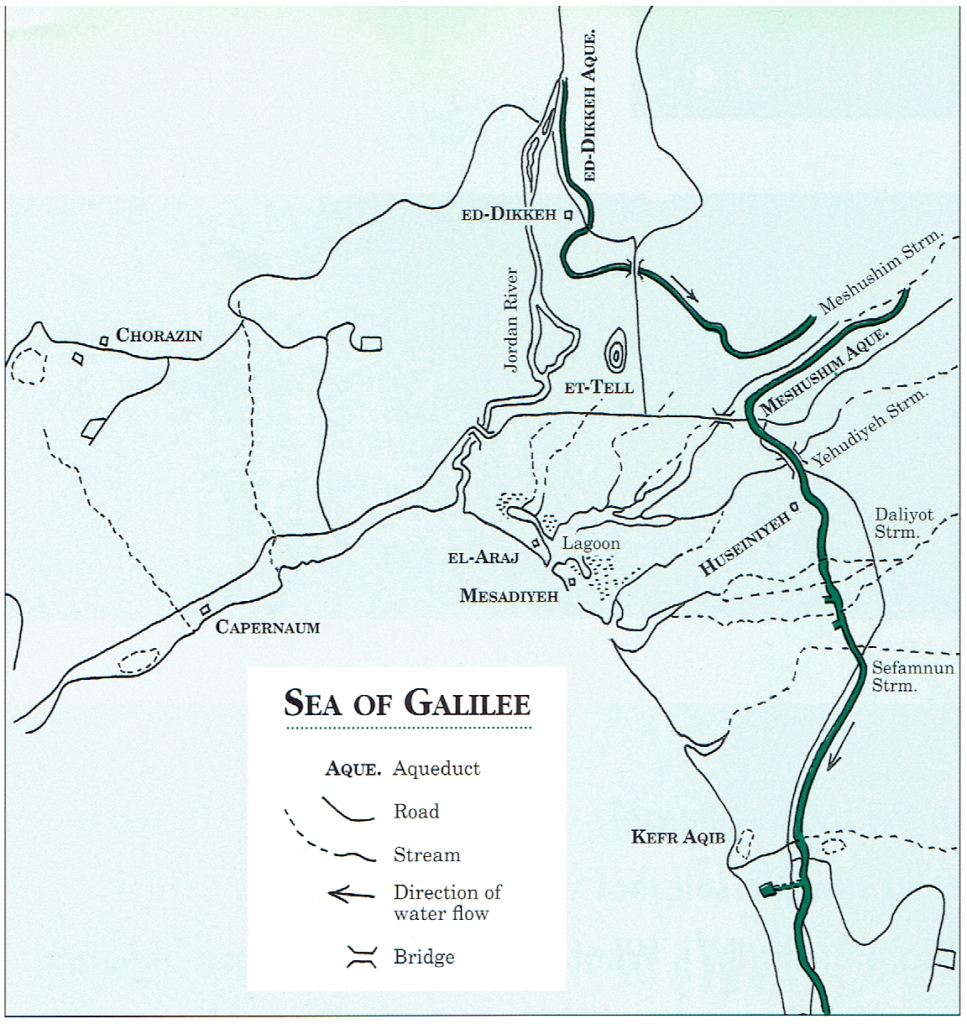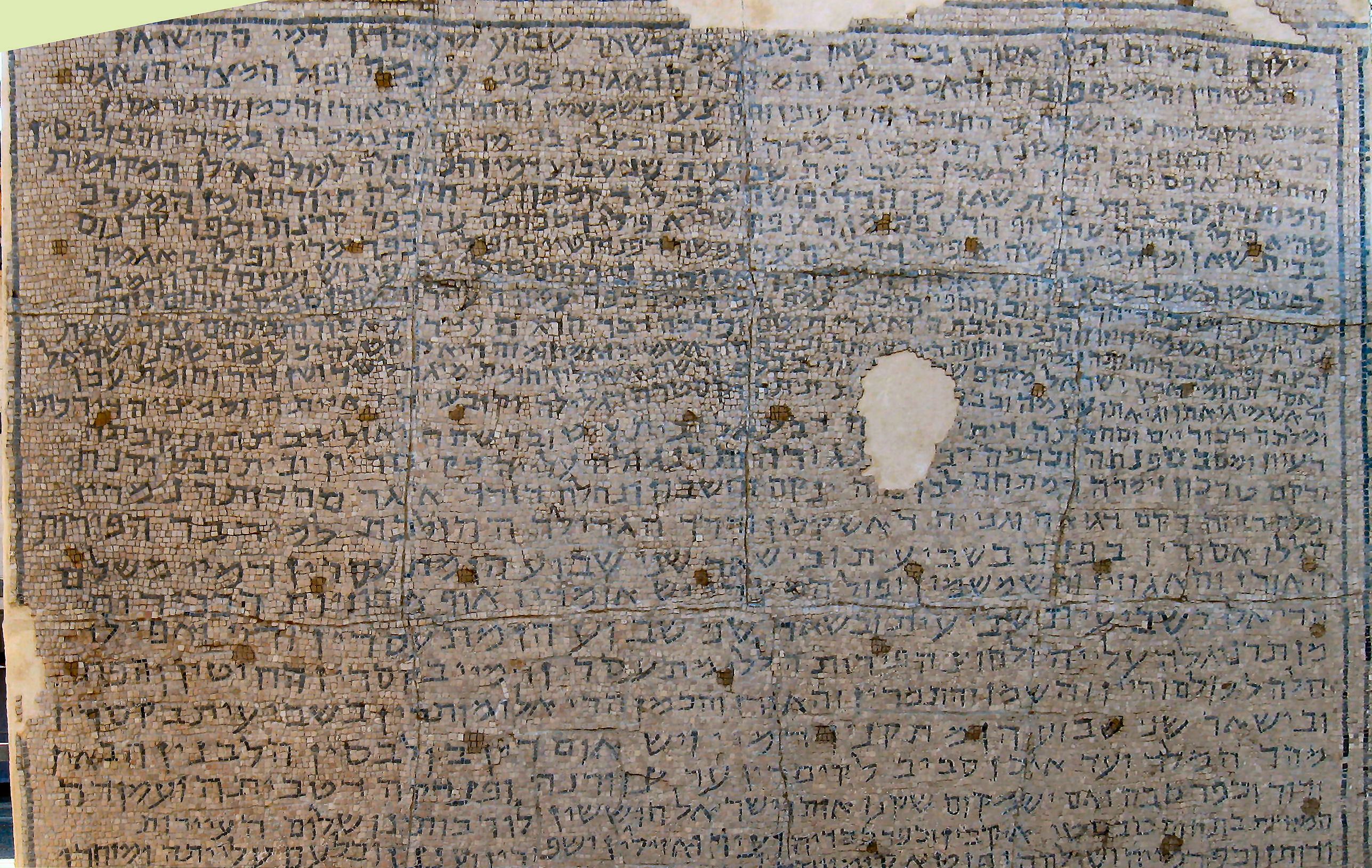Question received from Glenn Gero (Bible translator, Dakar, Senegal) that was published in the “Readers’ Perspective” column of Jerusalem Perspective 54 (Jul.-Sept. 1998): 10-11.
The recent issue of Jerusalem Perspective (No. 53) got me to thinking about an interesting question that came up during a trip we took to Israel: Is it possible that the Bethsaida mentioned in the New Testament as the home town of Philip, Andrew and Peter (John 1:44) was really a small fishing village just east of Capernaum, but west of the Jordan River? One reason for this suggestion is that at the time these fishermen lived on the lake, the territory east of the Jordan was basically a Gentile area. It is unlikely that these observant Jews would have lived in a Gentile area.
Shmuel Safrai Responds:

The Jordan River was not the border of the land of Israel in the time of Jesus. According to early halachoth dating from before the destruction of the Temple, the land of Israel was composed of 1) Judea, 2) “Beyond Jordan,” and 3) Galilee (e.g., Tosefta, Shevi’it 7:10; Ketubot 13:2).
For almost all of the century preceding the destruction of the Temple, the Sea of Galilee’s northeastern coast and the Golan (Gaulan) were governed by Jewish rulers, Herod the Great and his descendants. A majority of this territory’s population was Jewish. Certainly, the vast majority of the rural population, residing in villages such as Bethsaida and Kursi-Gergesa, was Jewish. Even the area’s larger cities, Gamla, for instance, were Jewish.

Excavations in Gamla revealed a beautiful, first-century synagogue. One of Gamla’s sons, Yehoshua ben Gamla, was high priest from 62 to 64 C.E. One later resident of the eastern coast of the Sea of Galilee, Rabbi Ya’akov of Korshai, or Kursi (Gergesa), was a teacher of Rabbi Yehudah ha-Nasi, compiler of the Mishnah. This Ya’akov was a native of the same village as the Gergesene demoniac.
David Bivin Adds:
Based on the Gergesene demoniac’s request to “be with” Jesus (Luke 8:38), I assume the demoniac was Jewish. Though possible, it is unlikely that a Gentile would make such a request. Furthermore, if the request had come from a Gentile, we would expect Jesus at least to hint at the impossibility of a Gentile’s accompanying him.



![Shmuel Safrai [1919-2003]](https://www.jerusalemperspective.com/wp-content/uploads/userphoto/20.jpg)

